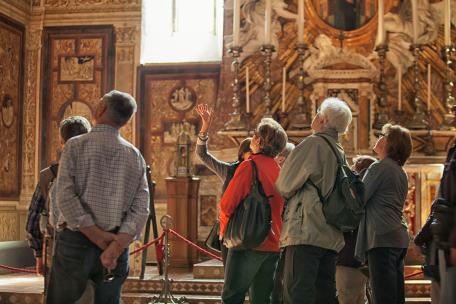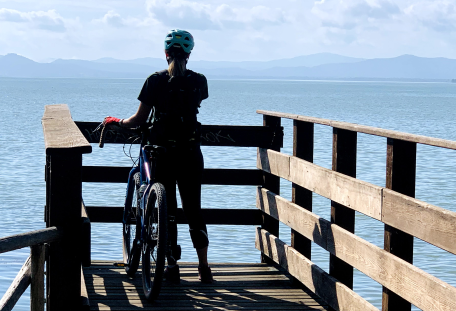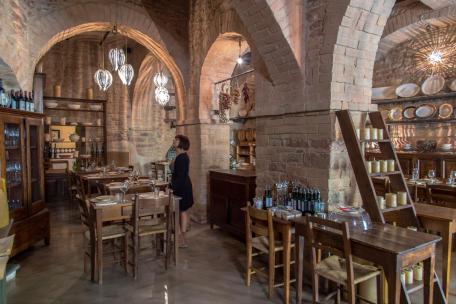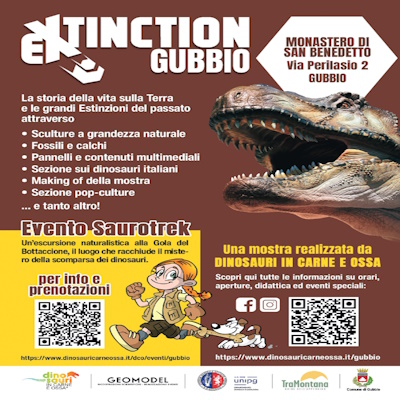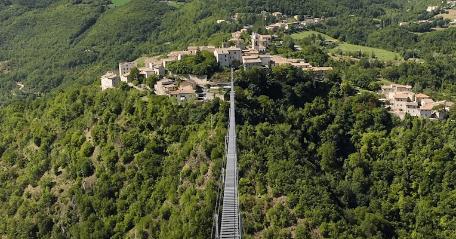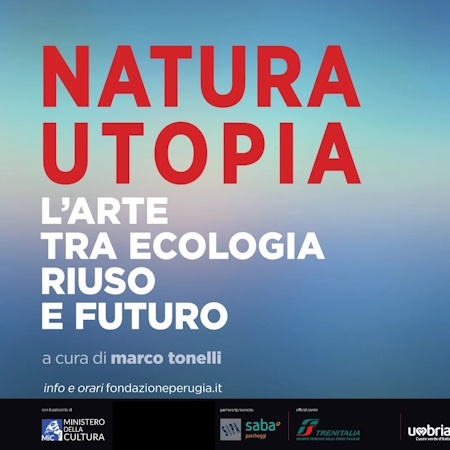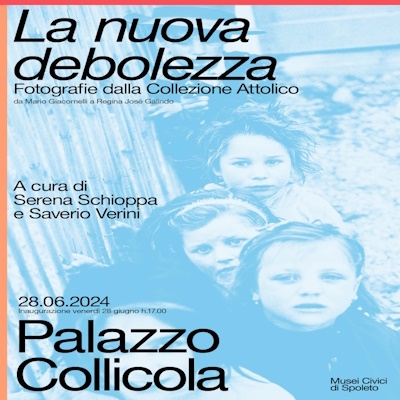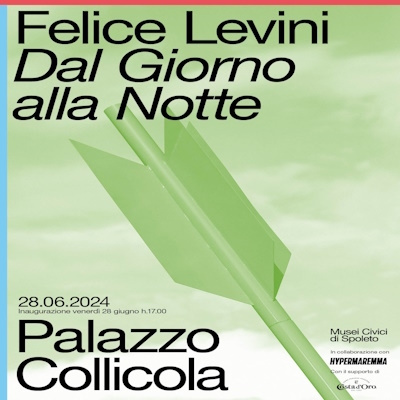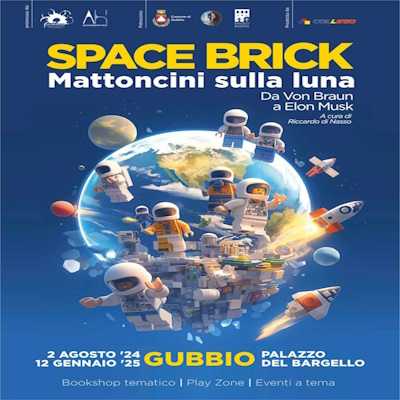Do you want to try an ‘extreme' sport suited to everyone? The only basic requirement for rafting is knowing how to swim. Then all you need to do is bring suitable clothing, a good measure of courage and head out to the part of Valnerina outside of Terni, between the towns of Ferentillo and Arrone.
Here the Nera river offers fantastic rapids perfect for rafting. After a short lesson in basic theory, put on your wetsuit, life jacket and helmet, and climb on board the raft, ready to experience the excitement and enjoy the spectacular scenery.
Settle into the guided rhythm and movement of the group in the raft: the adrenalin rush is fabulous as you go down the river and especially when you feel as though you are falling into the water pulled by the river's force. This is the true thrill of rafting.
This river experience lasts for just a couple of hours. In the time you have left over you can visit either Arrone or Ferentillo.
Arrone is a small fortified town that rises on a rocky hill on the left bank of the Nera river, on the border with the province of Rieti. Walk to the highest part of town and admire the medieval city walls that have remained almost intact over the centuries.
Ferentillo is a small typical Valnerina village, along a gorge overlooked by two great rock faces famous for rock climbing. If you are a climber, take advantage of one of the hundreds of climbing routes this mountain offers. If you prefer something a bit more relaxing, visit one of the most beautiful abbeys of Umbria, the Abbazia di San Pietro in Valle. It is now private property and officially listed as an historical residence, but you can visit the church which still shows traces of two different styles of architecture. The first is from the Longobard period, but the building was finished in the Romanesque period, in the 12th century. Then head to the interesting Church of Santo Stefano with its Mummy Museum, with perfectly intact, naturally mummified bodies are on display. The chemical composition of the terrain dried every cell of the bodies and thus prevented their decomposition.










